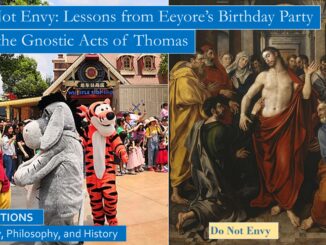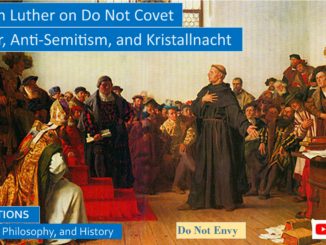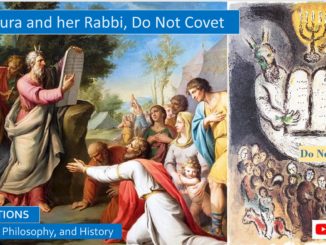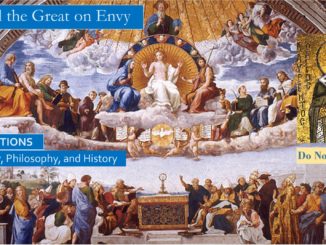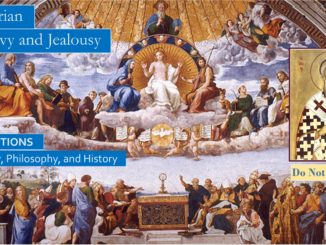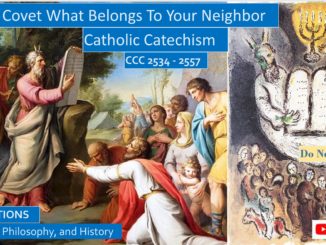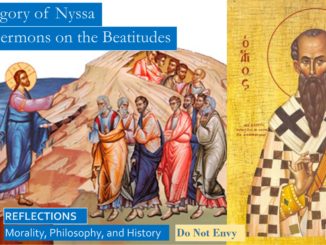
Do Not Steal and Excuses People Make: Dr Laura and Her Rabbi Stewart Vogel on Ten Commandments
Dr Laura opens this reflection: “People spend a lot of time redefining stealing in order to increase their comfort zone as they assert themselves in a world of needs, wants, possessions, power struggles, fame, fortune, desire, envy, loss, hurt, greed, and antisocial personalities.” This observation implies that many people steal because they feel that they are being taken advantage of, or they themselves were the target of loss, hurt, and greed, and they want to get even with the world, though she does not develop this thought in depth. […]

